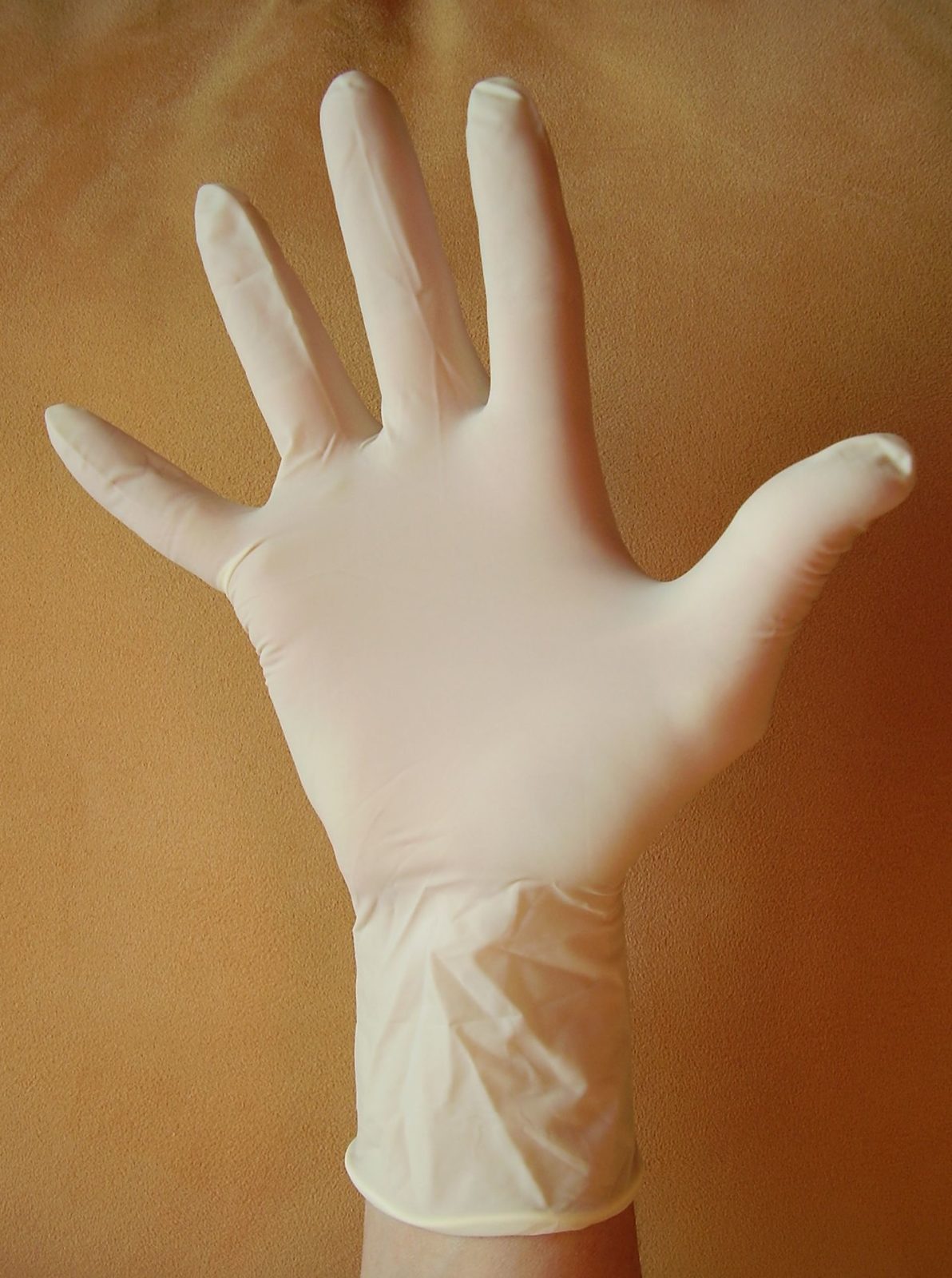Does your antivax doctor have another agenda?
Several weeks back, I wrote a piece in praise of Michigan’s Fresh Air Camp’s decision to admit only properly vaccinated children. Predictably, there was a bit of a backlash from people who, despite the obvious benefits, oppose vaccinations. I can’t fault a parent for the decisions they make for their kids. We all work from the gut when it comes to our...
Newborn Phototherapy and Cancer: Cutting Edge Research or “Big Data” Failure?
While social media and news outlets were reacting, or in some cases overreacting, to a new rodent-based medical study on the unlikely link between cell phone use and brain cancer last month, two studies and an accompanying commentary were quietly published in Pediatrics that raised similar concerns. Rather than cell phone use, the proposed potential cause of pediatric cancer in these newly...
Fooling Myself
The first principle is that you must not fool yourself — and you are the easiest person to fool. –Richard Feynman I like to think of myself as a rational person, but I’ve been fooled by my own experience again and again. I’ve made bad decisions and wasted time and money believing what I was seeing, instead of being objective and looking...
PET Scans Predict Coma Outcome
A new study shows that 42 really is the answer to life, the universe, and everything. OK, not really, but it does show that 42% of healthy brain activity is the minimum threshold for consciousness. Disorders of consciousness, also referred to as coma when severe enough, can be a difficult situation to assess sufficiently to make reliable predictions about outcome. Part of...
Therapeutic Touch Pseudoscience: The Tooth Fairy Strikes Again
A study out of Iran titled “Therapeutic touch for nausea in breast cancer patients receiving chemotherapy: Composing a treatment” was recently published in the journal Complementary Therapies in Clinical Practice. It is a great example of the Tooth Fairy science that permeates much of the research in complementary and alternative medicine. In Tooth Fairy science, researchers attempt to study a phenomenon without...
No, a rat study with marginal results does not prove that cell phones cause cancer, no matter what Mother Jones and Consumer Reports say
There are certain myths that are frustratingly resistant to evidence, science, and reason. Some of these are basically medical conspiracy theories, where someone (industry and/or big pharma and/or physicians and/or the government) has slam-dunk evidence for harm but conspires to keep it from you, the people. For example, despite decades worth of negative studies, the belief that vaccines are harmful, causing conditions...

Dry Needling
War, huh, yeah What is it good for Absolutely nothing Uh-huh huh War, huh, yeah What is it good for Absolutely nothing Say it again, y’all War, huh, What is it good for Absolutely nothing Listen to me Ohhh, war, I despise Cause it means destruction Of innocent lives War means tears To thousands of mothers eyes When their sons go to...
Supplements, Lies, and a Lengthy Transcript
On October 21, 1993, there was a hearing before the U.S. Senate Committee for Labor and Human Resources, with the long-winded title: Examining How the Federal Government Should Regulate the Marketing and Use of Dietary Supplements and Related Measures, Including S. 784, To Strengthen Federal Standards with Respect To Dietary Supplements. S. 784, sponsored by Sen. Orrin Hatch, would eventually be enacted...
Pushback on Chiropractic
From time to time we respond directly to reader comments or e-mails in an article, when it seems that doing so would be a useful teachable moment. One of the strengths of social media is that it is interactive, which can be didactic. I feel it is very important to respond to what people actual believe and say, because otherwise we may...
Uncertainty in Medicine
Medicine is an uncertain business. It is an applied science, applying the results of basic science knowledge and clinical studies to patients who are individuals with differing heredity, environment, and history. It is commonly assumed that modern science-based doctors know what they are doing, but quite often they don’t know for certain. Different doctors interpret the same evidence differently; there is uncertainty...





